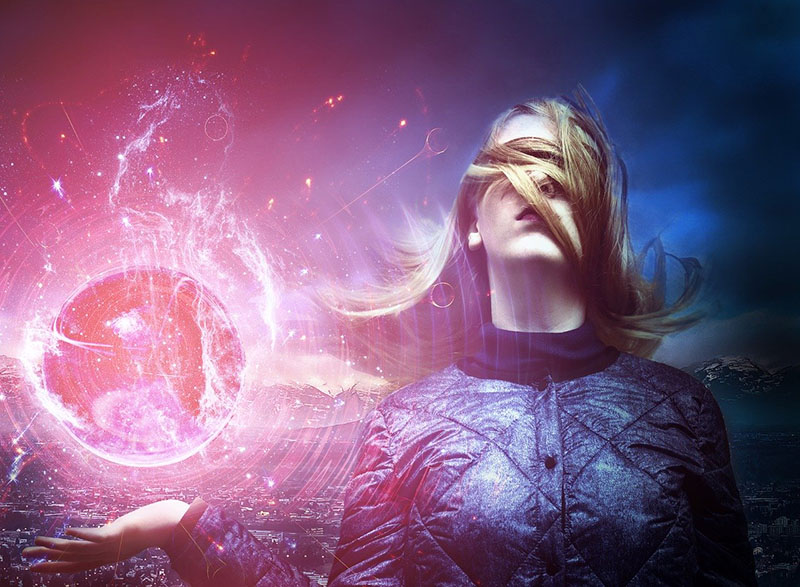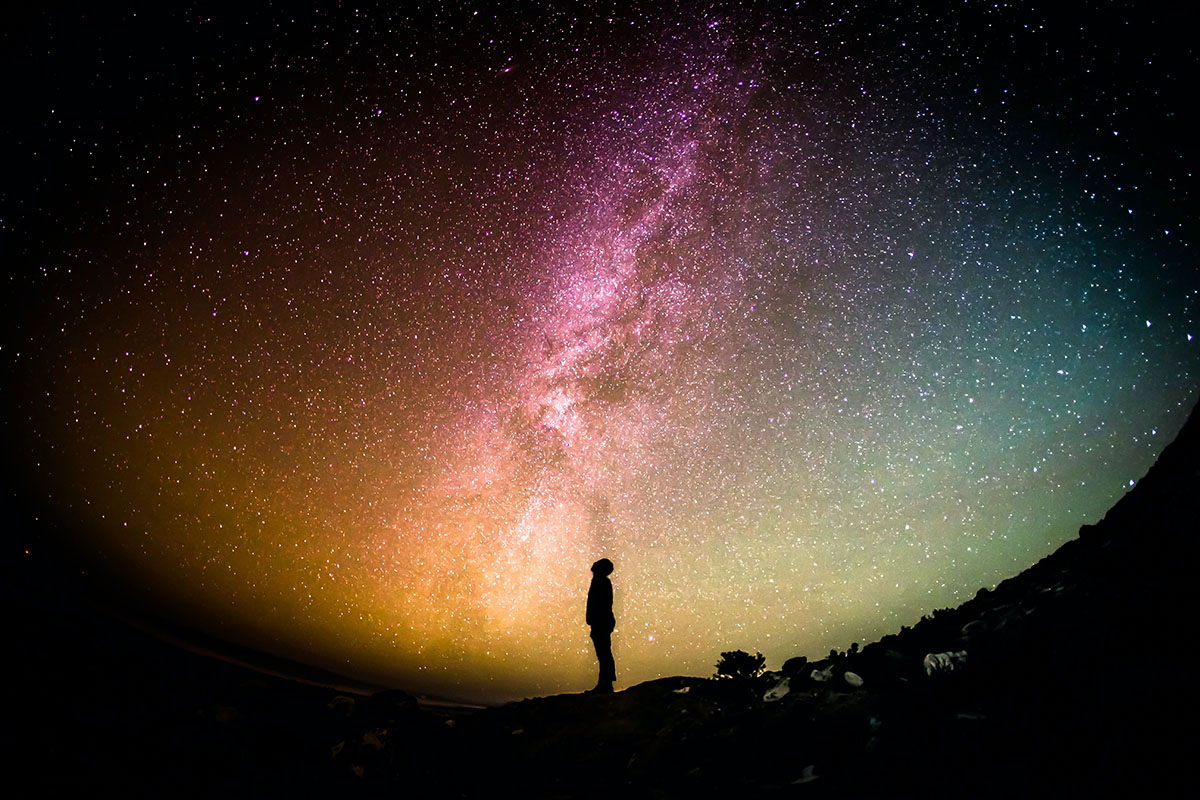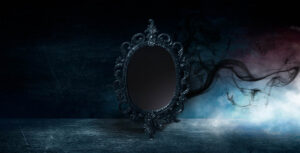One of the most common questions about the Temple of Chrysalis is about our perception of god and divinity. And, what does it actually mean that a Chrysalid is the god of their own life.
TRANSLATION: Pre-Telea Puriri
*I am aware that a greater entity, often considered more or less supernatural, can be referred to as something else than “god” – such as a deity – but to minimize all the unnecessary lists, I will refer to the personified forms of greater forces, such as entities, deities, spirits, demons, and such, as “god.”
The Temple of Chrysalis accepts the whole spectrum of religions amongst the membership. Believing in a god or gods is not an obstacle. Not believing bothers no-one, either. However, a concept of divinity does exist also in the Temple of Chrysalis. It is somewhat pantheistic.
Pantheism is “the belief that reality is identical with divinity, or that all-things compose an all-encompassing, immanent god. Pantheist belief does not recognize a distinct personal god, anthropomorphic or otherwise, but instead characterizes a broad range of doctrines differing in forms of relationships between reality and divinity.”
This means that the greater divine force is the Universe itself, all its laws, realities, and energies attached to it. However, the Temple of Chrysalis can’t be considered a purely pantheistic movement, as we recognize the personified versions of gods in some cases. One of the reasons why Chrysalis approves of all the religions among the Chrysalids is that the Temple of Chrysalis sees all the divinities as one – well, at least in the purest form of the ideology. Any gods are, in fact, the Universe, but as we are all natural-born reality-shapers, we give the entities their persona.
So, the god of Chrysalis is Everything. That is why, to become a god, you must connect with this divine power of the Universe. There are many names to this divinity of our whole existence. Sometimes you hear people talking about the “core energy”, sometimes we speak about Mother Nature or Gaia. Although, as those are connected to the Globe, one could argue that they are segments of something even greater: The cosmos. But to be whole, the cosmos also needs chaos. These two siblings together form the states of the Universe – the greatest power of all. Our divine force is all of space and time and their contents. The planets, stars, moons, galaxies, and every form of matter, energy, frequencies, and vibration.
A member has the permission to disagree with this view, and thus, it has not been marked too clearly to the Edict. You don’t have to believe in someone else’s god, but you can respect the imagination of a human mind and the skill of altering the communal reality. And, according to the Chrysalis principles, our minds are capable of doing wonders. But, because we are taught that this isn’t happening, it is not part of our reality. And, changing something so permanent demands a lot of willpower and belief. Then, what do we do? We pass the miracle-making to someone who we think can perform miracles: gods. And the greater the number of people believing in the same entities, the more validation those entities get, as the common reality gets established.
Think about it like this. In the Club Cyber Cultist, the inner circle had one goal. We wanted to make a large audience to bow to Parthenos. We did this by creating a ritual that included encouragement for participation and social mirroring. During the ritual, we led people to dance in front of the seal of Parthenos, placed high on the wall, painted on a large fabric canvas. Then, suddenly we kneeled and started to bow. And so did most of the guests, too.
Before this moment, all we felt was that Parthenos was just one name among the other kaleidoscopes. But when we had a mass of people validating Parthenos as an entity by behaving like it was one, we made it an entity. No matter how much we try to explain this phenomenon to ourselves through science, I dare to claim that most of us felt it. It was as if we programmed ourselves and our minds to perceive the powers of the Universe in a new way. Our subjective reality separated one part of ourselves and made it an object, at least partially.
And suddenly, it felt like the seal was staring at us, glowing in its neon blue shine under blacklights, enjoying the worship. And oh boy, how we enjoyed worshiping it! It was so empowering, and the atmosphere was magical. Like some primitive buttons had been pressed.
Is Parthenos a god? Yes and no. It is an entity and a concept that we all created together, using the human hive mind. Because it was already there. It has always been there. We just gave flesh to the bones.

In the Temple of Chrysalis ideology, all gods are nuances of the Universe, and the Universe itself is divine. That is why we also respect science so much. Everyone is everyone, and everything is everything. We humans just think so highly of ourselves as a species that we give gods our own human-like form and make them anthropomorphic. But I mean, come on. Why the hell would the god of water look like a human being? It’s the god of WATER.
Slightly arrogant of us.
But still, this is not wrong. It can be used to our own advantage. Just think about the power you have to create things! Personally, I think every god who someone truly believes in, exists. And I dare to claim that nobody’s god, even when carrying the same name, is actually identical.
An example of the creative minds that we have is how localized our gods are. Often gods are formed to serve the surroundings we live in. The gods of India have different purposes than the old Norse gods.
The fact that something would be human-made is not a bad thing—quite the opposite.
This might sound scary to someone, especially if you have devoted your whole life to one of the gods or a group of them. My purpose is not to deny your religion – but to expand your view. Think about it more as a power. Your mind and body interact with your surroundings all the time. And here, how you shape your reality and gods in it, affects you.
Then, how do we come to the idea that a Chrysalid is a god? By making themselves one. Just like some of us were able to make Parthenos an entity, you are capable of shaping your own reality. I often talk about the key to the Imago. Hint, hint, this here is one of the clues. Figure this out, and you are one step closer.
Sounds insane? Of course. But what if it isn’t? Can you alter your reality and see the idea from a different perspective?
What if this is the sanest thing you have heard in a while?
If you created god, what does that make you?








No comment yet, add your voice below!